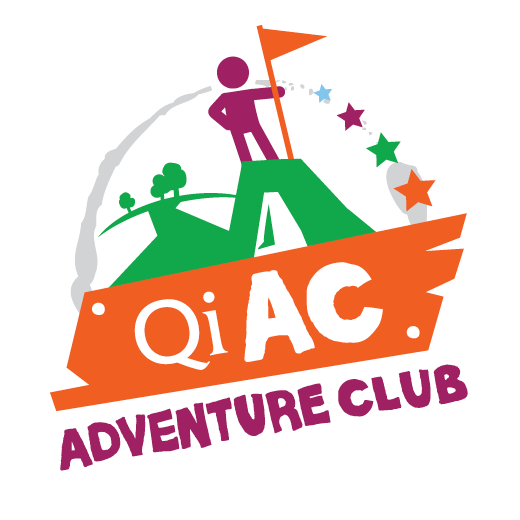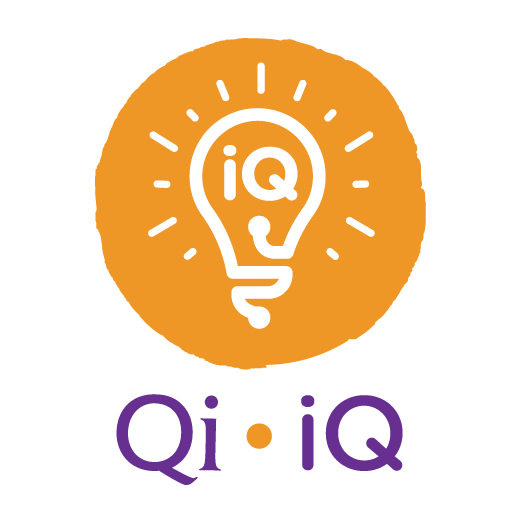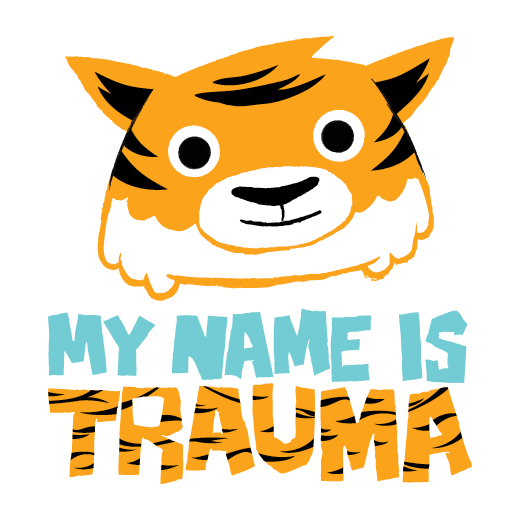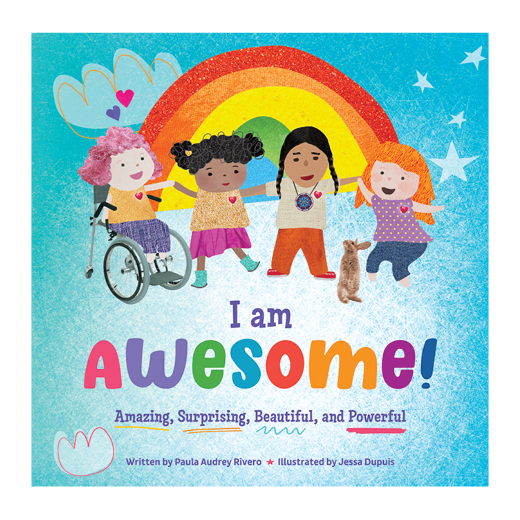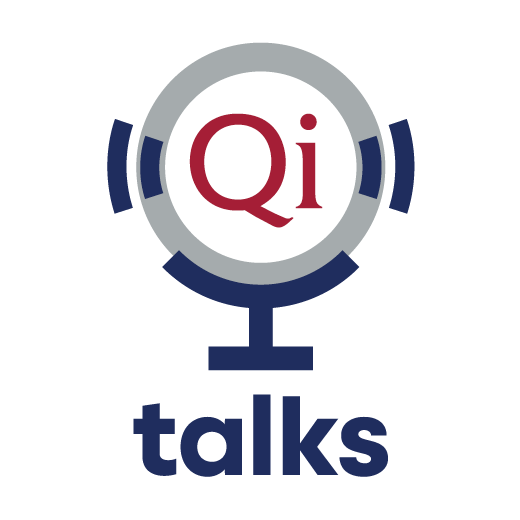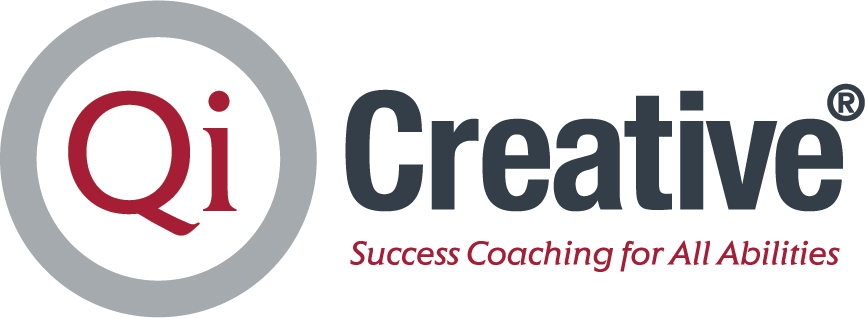Black Lives Matter: Reading and Resources for Children and Grownups
Qi Creative strives to collaborate with others, create meaningful learning, coach each other through easy and difficult times, and celebrate successes of all sizes along the way.
To Black members of our Qi family, and all our family members of colour: we see you, we value you, and stand with you.
According to the ACLU, about half of those who experience police violence are disabled. This is particularly true of Black people with mental illness, autism and deafness. Image created by Jen White Johnson | @jtknoxroxs
Qi Creative understands that we operate in a complex, layered environment, one where those layers are seldom congruent and often contentious: of provincial and national healthcare systems; of First Nations, settlers and newcomers in community space; and the models, definitions, and cultural perceptions of ability and disability that impact how we work, how others view our impact, and what roles we have—in shaping therapy, play, healing, leisure, recreation, trauma, crisis, communication, movement, and countless other elements of human experience, in Alberta and globally.
Qi Creative acknowledges that most of us cannot begin to truly understand the injustices and discrimination others face because of the colour of their skin. We also acknowledge that ‘the system’, of Medical and Social models of disability, can negatively impact how adults understand children, how peers understand peers, and how individuals conceptualize themselves.
Furthermore, these models have undoubtedly had a negative influence on the wellness and vibrance of families who may not fit a medical model of able-bodiedness, one that is historically biased for Caucasian bodies. We are aware that racial disparities are woven in disability discourse, from navigating healthcare policy, to how different bodied experiences are encouraged, modified, or extinguished, to imagery and symbolic depictions in pamphlets, movies, children’s storybooks, and more.
“Unlearning anti-Black racism will make you uncomfortable.
Physically.
Emotionally.
Unlearn your initial reaction and sit with the discomfort.
Pause.
Hold yourself accountable.
Listen.
Then learn.”
We strive to do more than observe platitudes on #BlackOutTuesday. Whether you collaborate with us or are learning about us for the first time, we are all committed to enacting long-lasting change in addressing and dismantling systemic racism and ableism, one child and one family at a time. While words are important, actions matter more.
Involvement is key.
To our readers who may not know what to do or where to start, educating yourself is a great first step. Do not leave it to your Black community members to spend the energy and emotional labour of explaining and placating the discourse that they themselves have lived across generations.
Involve yourself, and put the equality of others above your own fears. To be an ally is to be willingly uncomfortable in unpacking, unlearning, and reprogramming your understanding of being.
Decenter your voice—if you’re making a video? Start adding subtitles from this point forward. Drop the “deaf ears”, “blind eye”, “tone deaf”, and other phrases that associate injustice to disability.
Now is not the time for apathy or ambivalence. Instead of “But this is unfamiliar to me” or “I don’t think it’s my place” consider saying “Thank you for your feedback, I’ll do better.”
Below are just a few resources about Black lived experiences, anti-racism, disability, and the intersectionality of each.
Books and Storytime
Links to book recommendations are below, including a 5 minute read of Same Difference by Calida Garcia Rawles:
George Floyd Social Story by Heather Dailey
The Conscious Kid: 31 Children’s Books to Support Conversations on Race, Racism, and Resistance
Red Balloon Bookshop: Books about civil rights, racism, and anti-racism, sorted from youngest to oldest
Rebekah Gienapp: 15 Books to help kids understand that Black Lives Matter
Reading Public Library: IG video of multigenerational book recommendations to support or understand the current Black Lives Matter movement.
STILL I RISE Diversity Story Telling: Virtual storytelling of diverse stories via Zoom.
Social Model of Disability: Video by National Disability Arts Collection & Archive
Systemic Racism Explained: Video by act.tv
Resources for Grownups:
Me and White Supremacy by Layla Saad
The Fire Next Time by James Baldwin (Free Audiobook on YouTube, narrated by Jesse L. Martin)
Why I’m No Longer Talking to White People about Race by Reni Eddo-Lodge
Normalizing Injustice by Color of Change Hollywood - A landmark study on how crime TV shows distort understandings of race and the criminal justice system
How to Move Beyond Tokenism in Kids TV by Kidscreen
13th: From Slave to Criminal with One Amendment directed by Ava DuVernay
To be Disabled, Black and Proud by Fannie Lou Heather
Emotional Tax in Canada by Catalyst - Learn about how Black, East Asian, and South Asian professionals are ‘on guard’ to protect themselves against bias in the workplace
Black Organizations and Anti-Racist Groups Canadians can Support Now by Melanie Woods
All the Weight of Our Dreams: On Living Racialized Autism by Autism and Race
Black Disability Collective - @BlackDisability on Twitter
Where to Donate to Help Black People with Disabilities by Nylon
#AmplifyMelanatedVoices. Follow the intersections of disability and race:
Imani Barbarin (Crutches and Spice) @Imani_Barbarin
Clara (Rollin Funky Blog) @rollinfunky
Keah Brown #disabledandcute
Disability Visibility Project: Episode 78 with Dr. Sachin Pavithran
Vilissa Thompson (Ramp Your Voice)
